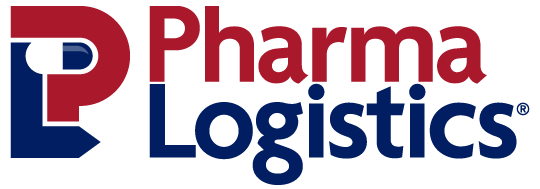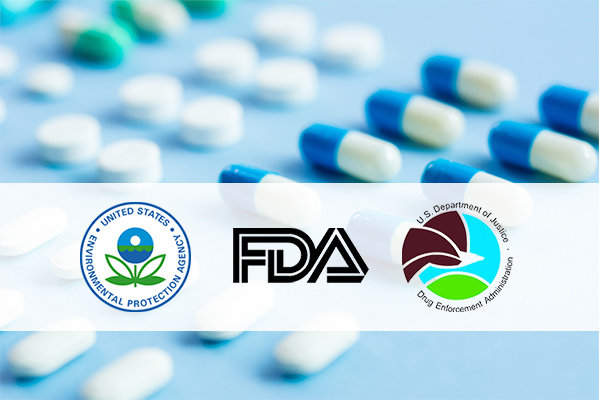As a pharmacy professional, you operate a facility that plays a pivotal role in the nation’s drug supply chain: dispensing medications to the public. It almost goes without saying that a pharmacy is a highly-regulated business.
Among the many regulations—state and federal—that govern the business activities of your pharmacy, are three critical laws pertaining to the safety and security of both the general public and industry professionals. These laws govern almost every aspect of a pharmacy’s business, so compliance is of the utmost importance. Likewise, reverse distribution vendors are required to be fully-accredited in order to keep their client pharmacies and hospitals in regulatory compliance.
Whether your facility handles reverse distribution in-house or uses a vendor, you can help ensure compliance by becoming more familiar with the federal agencies governing the pharmaceutical supply chain.
Federal Agency Overview:
Pharmacy compliance includes three critical areas:
- Security of the drug supply chain
- Management of controlled substances
- Management of hazardous waste
In turn, these areas are managed by 3 federal government agencies: FDA, DEA, and EPA.
1.FDA– Security of the drug supply chain
Drug Supply Chain Security Act (DSCSA)—Focusing on the security of the drug supply chain, the DSCSA ensures that drugs reaching consumers are safe, uncontaminated, and legitimate. Pharmacies must confirm and prove that their third-party logistics providers are licensed or registered. They must also receive, store and provide product tracing information as drugs move through the supply chain.
2. DEA– Regulation of controlled substances
Controlled Substance Act (CSA)–The CSA sets up regulations for tracking and securing controlled substances to ensure that they don’t fall into the wrong hands. CSA also helps to protect the public by keeping dangerous drugs/controlled substances off the streets.
3. EPA– Pharmaceutical hazardous waste
Resource Conservation and Recovery Act (RCRA)–The RCRA provides regulations for tracking and safely disposing of pharmaceutical hazardous waste. Under the RCRA, pharmacies are designated as hazardous waste generators. This comes with several key responsibilities, one of which is to determine if a drug is hazardous or not.
Know your responsibilities under these federal agencies to simplify your compliance process. If you choose to use a third-party vendor to handle your reverse distribution process, be sure they are both accredited and can offer you visibility throughout the drug supply chain.
For more on these and other compliance considerations, download our Compliance Handbook.

